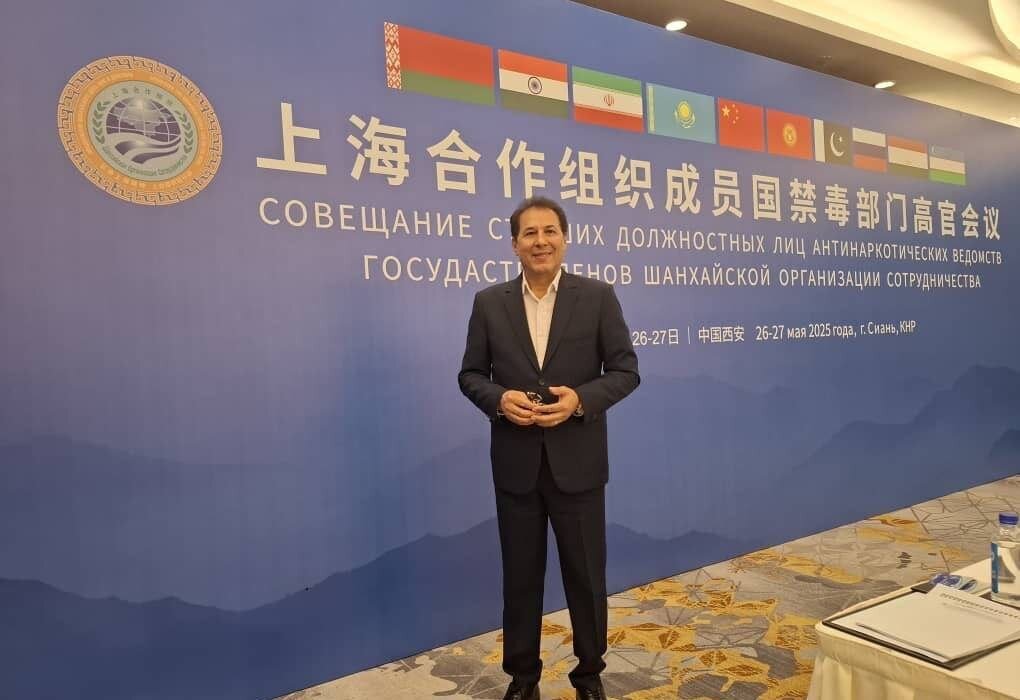
Similar Posts
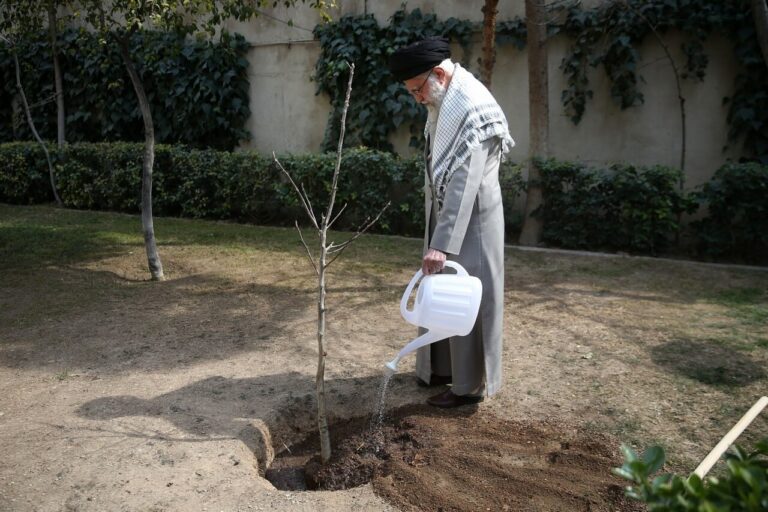
Ayatollah Khamenei Advocates Tree Planting as a Visionary Step for Future Generations
In a recent address, Ayatollah Ali Khamenei underscored the importance of tree planting, linking it to National Tree Planting Day on March 5. He highlighted that tree planting reflects a nation’s commitment to environmental stewardship and future generations. Khamenei urged community involvement across all ages, emphasizing trees’ ecological benefits, such as improving air quality, regulating climate, creating habitats, and conserving soil. He called for collective responsibility in nurturing the environment, encouraging schools and organizations to promote tree planting initiatives. Ultimately, Khamenei’s message is a rallying cry for individuals to engage in this vital act of sustainability and community development.
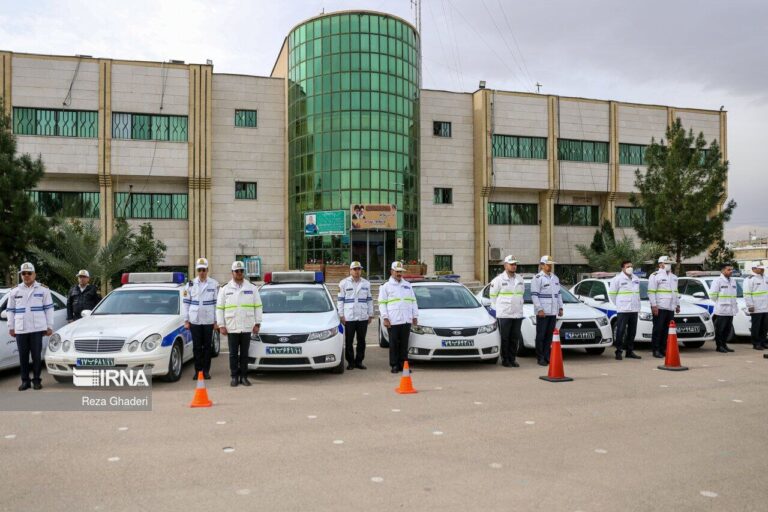
Nowruz Celebration: Special Traffic Plan Unveiled for Smooth Festivities!
As Nowruz holidays approach on March 21, Iran prioritizes road safety with a special traffic plan to reduce accidents. Starting March 15, about 22,000 traffic police and 3,000 unmarked officers will monitor high-risk areas, where 70% of accidents occur. Penalties for traffic violations will rise by 30% during this period. The World Health Organization has launched the “Say No to Accidents” campaign to raise awareness and promote safer driving, especially among youth, as road traffic injuries remain a leading cause of death in this demographic. Collaboration among authorities and communities is crucial for improving road safety.
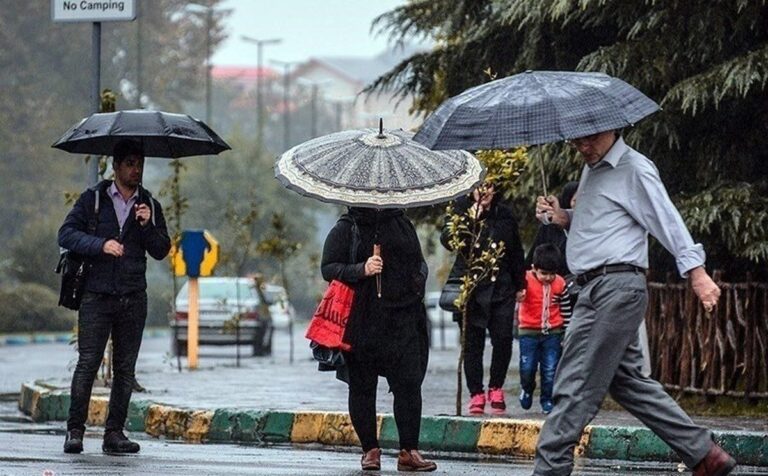
Unpredictable Weather Ahead: Below-Average Precipitation Expected This Month!
As early spring approaches, Iran’s weather forecast predicts mixed rainfall patterns and temperature changes. From March 10 to April 4, rainfall is expected to be below normal, with temperatures varying regionally. The central regions will experience below-normal temperatures, while the northwest will see above-normal warmth. The forecast indicates less than normal precipitation across most areas in the following weeks, with temperatures in the northern half rising 3 to 6 °C above normal. Despite a 19% increase in rainfall over the past year, Iran continues to face challenges from previous droughts and ongoing water shortages.
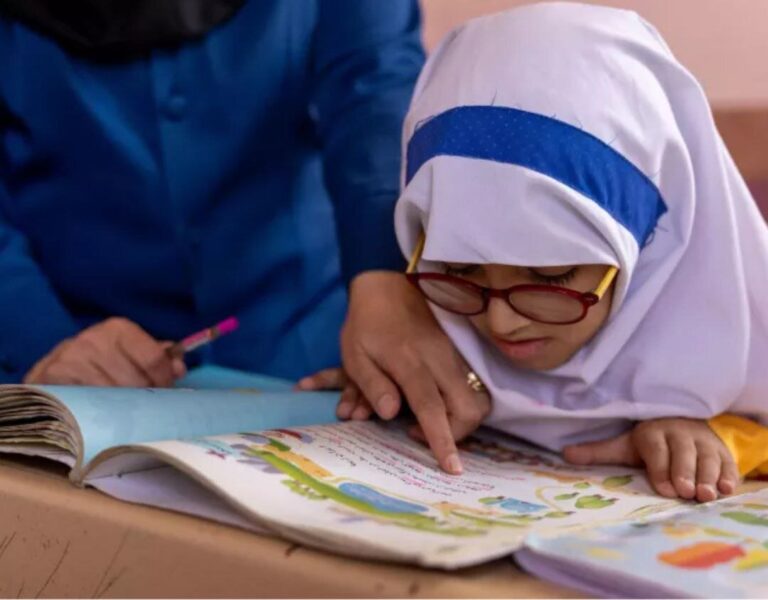
Empowering Early Childhood Education in Crisis: IRCS and UNICEF Unite for Impactful Workshop
The Iranian Red Crescent Society (IRCS) and UNICEF are prioritizing early childhood education (ECE) in disaster-prone Iran, where crises often disrupt educational services. A national training workshop held in December 2024 equipped 270 volunteers with skills in inclusive ECE, disability inclusion, and psychosocial support. This initiative aims to ensure that all children, including those with disabilities, have access to nurturing learning environments during emergencies. Additionally, IRCS and UNICEF have conducted workshops focused on mental health support through structured play, enhancing the capacity of volunteers to aid children’s wellbeing. These collaborative efforts highlight the vital role of ECE and mental health in fostering resilience among vulnerable children.
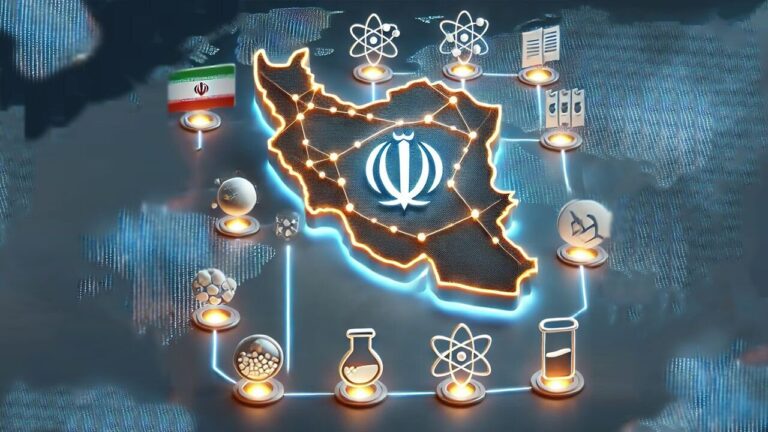
Asia Dominates as Top Importer of Iranian Nanotechnology Products
Iran has emerged as a significant player in nanotechnology, with 89.6% of its products exported primarily to Asian nations. Key importers include Iraq (23.1%), Turkey (6.9%), and Afghanistan (6.5%), while exports to Europe, Africa, America, and Australia collectively account for 10.3%. Iran ranks fourth globally in scientific publications on nanotechnology, reflecting its advancements and commitment to innovation. This growth has bolstered economic development and positioned Iran favorably in the international market, highlighting its potential for further expansion. The country’s focus on research and development is critical for maintaining its competitive edge in this evolving sector.
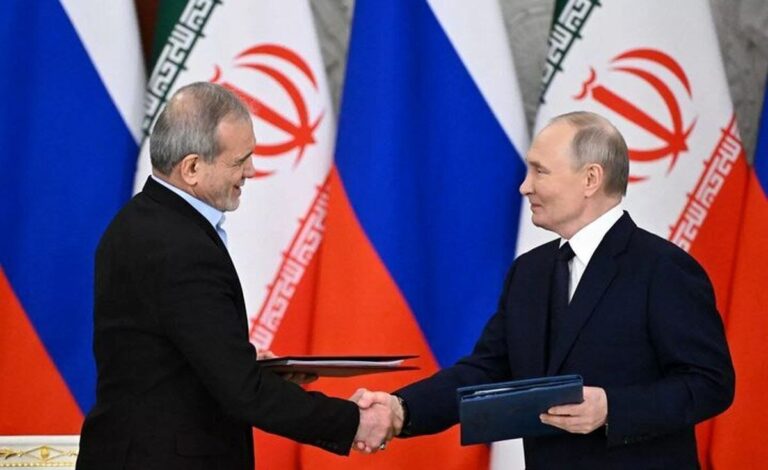
Iran and Russia Boost Health Collaboration Through Strategic Partnership
The recently signed Treaty on the Comprehensive Strategic Partnership between Russia and Iran heralds a new era of healthcare collaboration. Signed by Presidents Pezeshkian and Putin, the agreement focuses on enhancing state-run health systems, disease prevention, maternal and child health protection, and regulating medicine distribution. It also promotes healthy lifestyles, medical research, digital technologies, and training for health experts. Additionally, both nations plan to collaborate in food hygiene and epidemiology. A recent Russian delegation visit highlighted potential joint projects in medical equipment, marking a commitment to mutual growth in healthcare through shared knowledge and technological advancements.